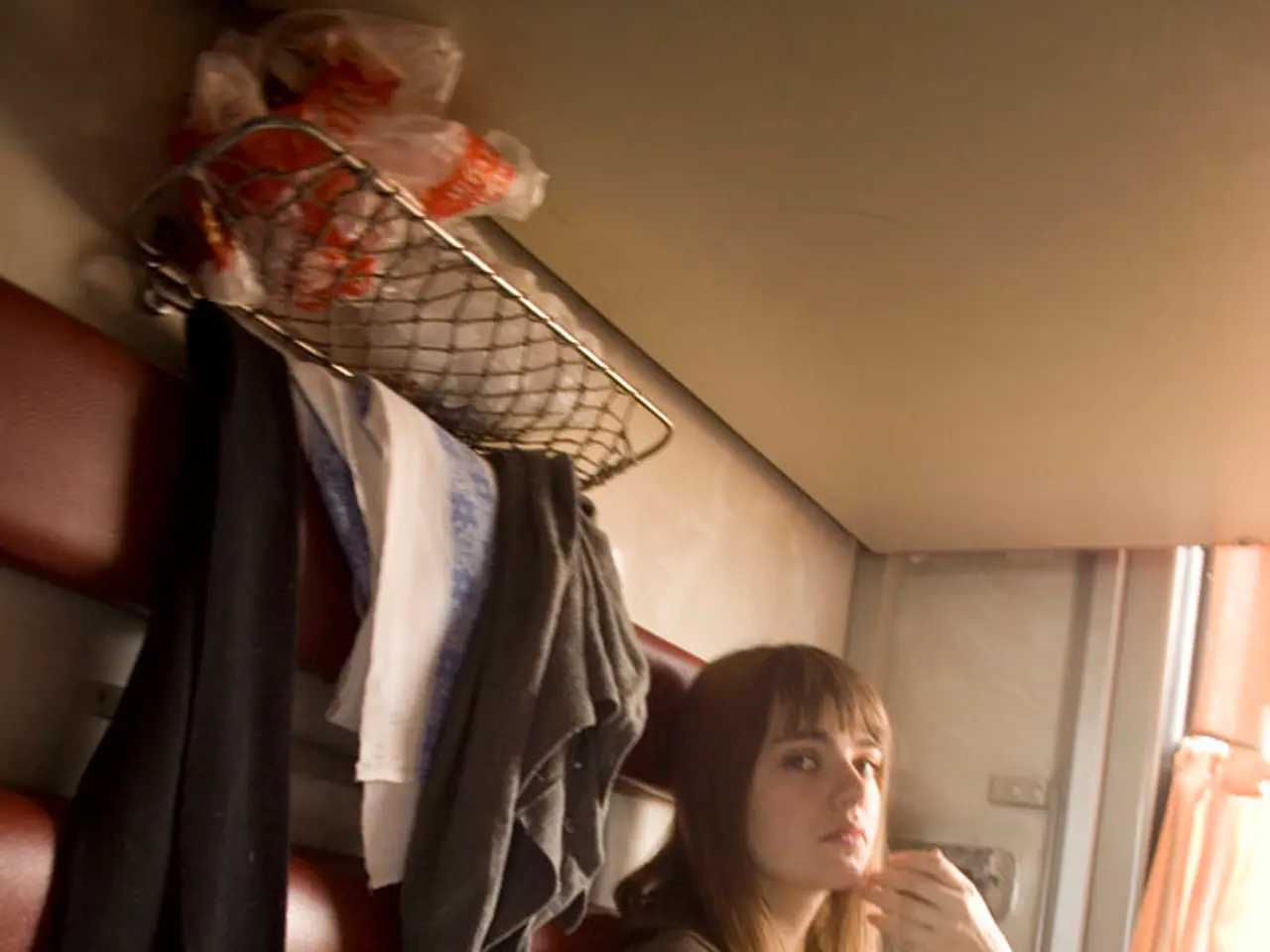Reduced shelter spaces for women: Implications for domestic violence survivors
In Saxony-Anhalt, a growing concern surrounds the increasing cases of domestic violence and the shrinking support infrastructure for women's shelters. The state government has recently allocated an additional 900,000 euros to aid facilities where women seek help, yet the demand continues to outpace the supply.
Recent data indicates that Weißenfels, Wittenberg, Burg, Bernburg, Wernigerode, and Staßfurt have no available spaces in women's shelters as of early July 2025. Only Köthen and Ballenstedt have local spaces still available. This shortage has left one woman on the waiting list for the shelter in Weißenfels, which is set to move into a new, wheelchair-accessible house later this year.
The situation is further complicated by the fact that the women's shelter in Weißenfels is not equipped to handle the needs of individuals with substance abuse issues, and homeless women who are not victims of domestic violence are also being turned away.
The decrease in the number of available spaces for adults and children in women's shelters in Saxony-Anhalt is evident, with 113 spaces for adults and 138 spaces for children as of the latest data. In 2024, there were over 100 fewer people seeking shelter in women's shelters compared to 2014.
Eva von Angern, a member of the state parliament, has criticised the state government for not expanding the capacities of women's shelters despite increasing violence against women for years. The trend is not unique to Saxony-Anhalt, as nationwide statistics show a rise in violent crimes and extremist threats, often correlating with social tensions that can exacerbate domestic violence cases.
The social pedagogue in the women's shelter in Weißenfels expresses a need for a contact person for the children and their concerns, but the current resources of the house do not allow it. The shelter, designed for ten children, has at times housed up to 16 children.
Addressing this complex challenge requires a multifaceted approach. Expanding the number of spaces available in women’s shelters is critical, along with comprehensive services including counseling, legal aid, and integration programs to assist survivors in rebuilding their lives safely. Advocating for all forms of gender-based violence to be included in EU and national crime lists can help improve legal protection and resource allocation.
Community engagement and education programs are necessary to combat the underlying social factors, such as rising right-wing extremism and nationalist sentiments, which contribute to an environment where domestic violence risks can escalate. Providing secure environments and independent complaint mechanisms for women and LGBTQ+ individuals in refugee settings is essential.
Local associations, politicians, and civil society must continue and intensify efforts to counter hostility and provide safe, welcoming communities for survivors. The situation in Saxony-Anhalt underscores the need for cooperation and action to ensure the safety and wellbeing of all women and children.
- The growing concern in Saxony-Anhalt about domestic violence is affecting various domains, with a lack of resources evident in health-and-wellness, specifically mental health, as there's an increasing demand for women's shelters that outpaces the supply.
- Despite the allocation of additional funds for women's shelters, general news reports indicate a shortage of spaces in several cities across the state, such as Weißenfels, Wittenberg, and Staßfurt, which has left vulnerable women without adequate support.
- In light of the growing domestic violence cases and the shrinking support infrastructure, some politicians, like Eva von Angern, are urging for a more proactive approach in politics to expand the capacities of women's shelters. This can be achieved through addressing the broader social factors, such as combating right-wing extremism, and advocating for improved legal protection and resource allocation at both the EU and national levels.








